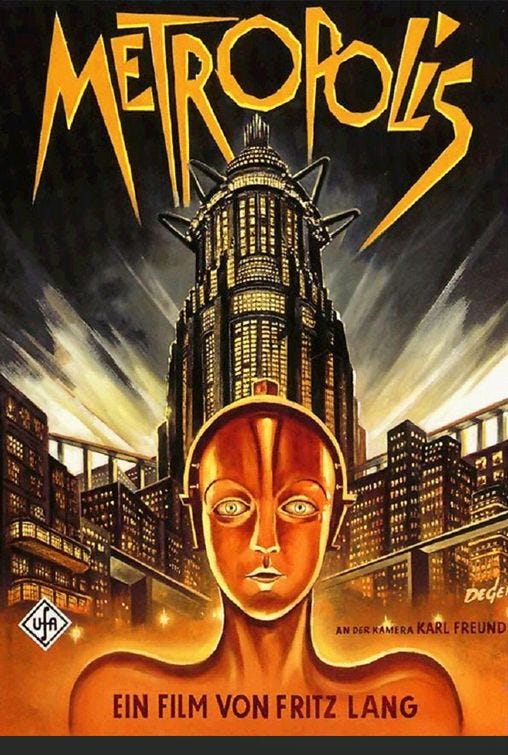Today— January 1, 2023, copyrighted works from 1927 enter the US public domain. They will be free for all to copy, share, and build upon. These include Virginia Woolf’s To The Lighthouse and the final Sherlock Holmes stories by Arthur Conan Doyle, the German science-fiction film Metropolis and Alfred Hitchcock’s first thriller, compositions by Louis Armstrong and Fats Waller, and a novelty song about ice cream. 1
A Gold Mine for Choral Directors
This includes Choral Music.2
Backfiles of Periodicals
This includes periodical backfiles in libraries.3
Public Domain Review
More on works in the Public Domain can be found in The Public Domain Review4 — an online journal dedicated to the exploration of curious and compelling works from the history of art, literature, and ideas with a focus on works now fallen into the public domain, that vast commons of out-of-copyright material that everyone is free to enjoy, share, and build upon without restriction.
Center for the Public Domain- Duke University Law School. The Center for the Study of the Public Domain at Duke Law School is the first university center in the world devoted to the other side of the picture. Founded in September of 2002, as part of the school's wider intellectual property program, its mission is to promote research and scholarship on the contributions of the public domain to speech, culture, science and innovation, to promote debate about the balance needed in our intellectual property system and to translate academic research into public policy solutions.
ChoralWiki (cpdl.org) Michael Floyd, James. “The Choral Public Domain Library (CPDL): Music Reference Services Quarterly 19, no. 1 (2016): 71–72; Jason Sickel. “CPDL (Choral Public Domain Library)— A Gold Mine for Choral Directors.” The Choral Journal 56, no. 5 (2015): 59–63; Terrio, Robert D. “Choral Public Domain Library.” Notes 64, no. 4 (2008): 794–96.
Blankemeyer, Bethany. “Opening Our Deep Backfiles: Identifying Open and Public Domain Serial Content in Library Collections.” Serials Review 47





In addition to the Choral Wiki, many denominations offer royalty-free downloads of their choral music. I once directed a Lutheran choir and found that getting anything from Lutheran websites required a credit card. The Church of England and the Mormons had the best deals on free downloads. Often, I had to arrange the music, but that was cheaper than paying per copy.
Lets not forget https://archive.org/web/web.php. Where much stuff in the public domain also resides. And a lot of government reports (what they allow us to see) can be found http://nap.edu.